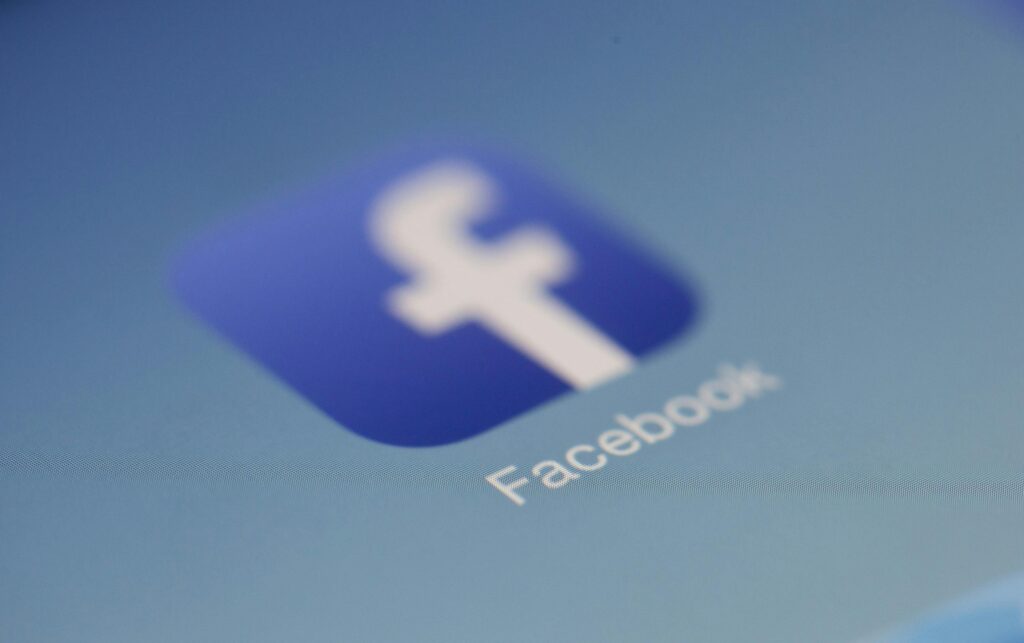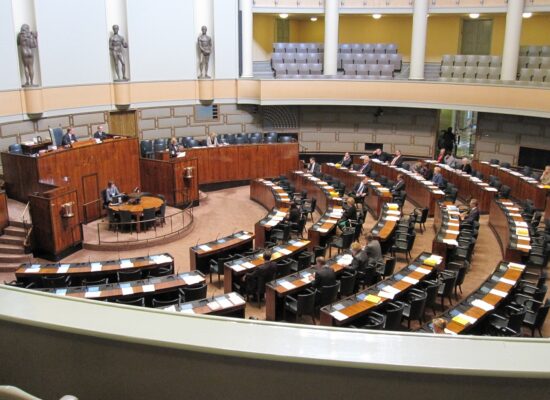In the ever-evolving interplay between technology and society, the discourse surrounding free speech, propelled by magnates Elon Musk and Mark Zuckerberg, has resurfaced with significant urgency. As we delve deeper into 2025, the intersection of social media platforms and democratic principles has emerged as an epicenter of debate that could potentially redefine the landscape of free expression and governance worldwide.
Embed from Getty ImagesElon Musk, the CEO of several frontier-stretching enterprises, offers a provocative perspective on free speech that prioritizes minimal moderation. His recent ventures via social media echo his libertarian ethos, fueling discussions on the extent to which such expansive freedoms should be permitted in digital spaces. This stance, while championing unbridled expression, raises critical questions:
- Can unfettered dialogue on these platforms truly coexist with democratic ideals of informed and respectful discourse?
- Or does it mire societies in misinformation and division?
In contrast, Mark Zuckerberg, whose extensive footprint in the digital realm through Meta (formerly Facebook), illustrates a more traditional yet equally impactful path. Zuckerberg’s approach ventures toward balancing moderation with openness, steering platforms through a labyrinth of community standards and misinformation countermeasures. His pragmatic balance seeks to uphold the integrity of democratic discussions while safeguarding against harm. Yet, this, too, is met with challenges—often criticized for alleged censorship and bias.
The juxtaposition of Musk’s and Zuckerberg’s philosophies on free speech underscores a broader dynamic affecting democracies globally. Social media has become an essential conduit for:
- Political dialogue
- Activism
- Mobilization
However, the prevalence of unregulated speech can also manifest as a double-edged sword, facilitating both empowerment and erosion of civic trust.
As nations around the globe grapple with these technological forces, recognizing the role played by digital giants becomes paramount. Policymakers and technologists alike are called to question whether existing legal frameworks are sufficient to manage the complexities introduced by these platforms. Moreover, the onus is on these influential figures and their platforms to reconcile their business models with the societal responsibility they inherently shoulder.
This ongoing dialogue on free speech is not merely a concern of content moderation but a tangible reflection of how digital realms influence real-world dynamics. The stakes are undeniably high. As debates unfold, the concern for democratic health remains a central theme, urging a careful re-evaluation of values that underpin both speech and our interconnected existence.
As we look onward, it becomes increasingly clear that the strategies and decisions made by tech giants such as Musk and Zuckerberg will leave indelible marks on the world stage. Their influence extends beyond market shares and technological advancements, touching the core of how societies communicate, coordinate, and coexist—thus profoundly impacting the very essence of democracy in the digital age.
Feature photo by Pixabay: https://www.pexels.com/photo/facebook-logo-267399/









